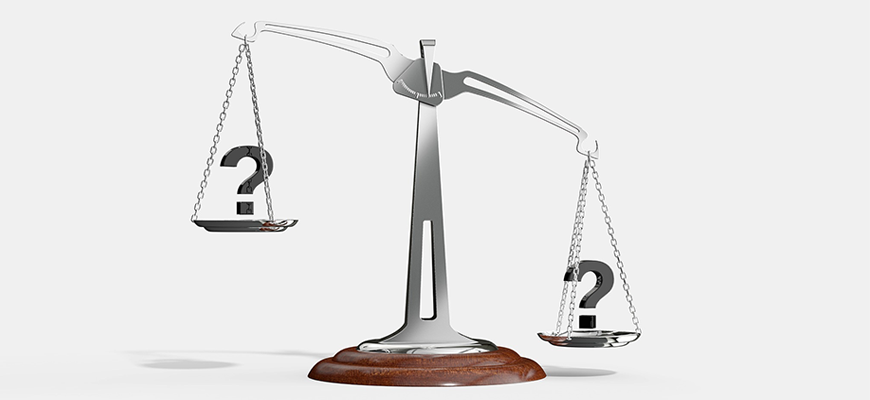When it comes to earth-moving equipment, one of the biggest decisions companies face is whether to rent or buy. This choice can have significant financial implications, influencing both project budgets and long-term costs. At Suchdev Group, we understand the importance of weighing the benefits of each option, and we’re here to help you make an informed decision based on project duration, frequency of use, and budget.
Renting offers a flexible solution for businesses managing short-term or infrequent projects. It requires less upfront capital and generally includes maintenance, saving companies from additional expenses for repairs or servicing. If your project’s timeline is short or you only need equipment for a specific phase, renting can be the most cost-effective way to access heavy machinery.
However, for companies with continuous or long-term needs, buying equipment can be a better investment. Although purchasing involves a higher initial cost, it allows businesses to avoid the ongoing fees associated with rentals. Ownership also means greater control over equipment, with the ability to modify it as needed and readily available for frequent use.
There are hidden costs to consider in either case, such as storage, insurance, and potential downtime if repairs are needed. If your team has limited storage space or your projects vary in scope, renting can offer the flexibility to adjust as needed. Alternatively, owning a fleet may be beneficial if your equipment needs are steady and predictable.
Whether to rent or buy earth-moving equipment depends on the unique demands of each project and the financial outlook of the business. Suchdev Group offers both rental and purchasing solutions, and we’re here to help you determine the option that best aligns with your project requirements.

